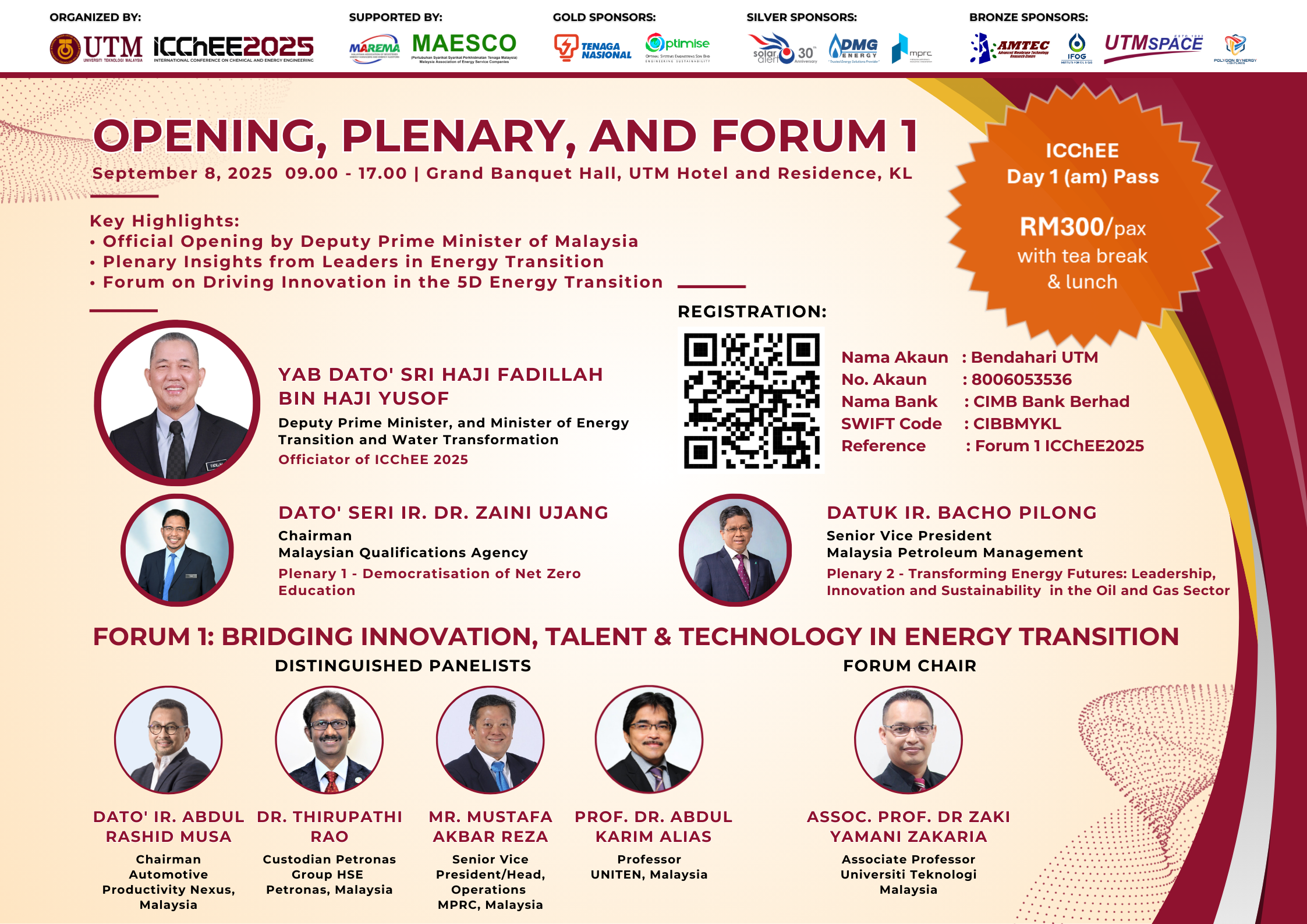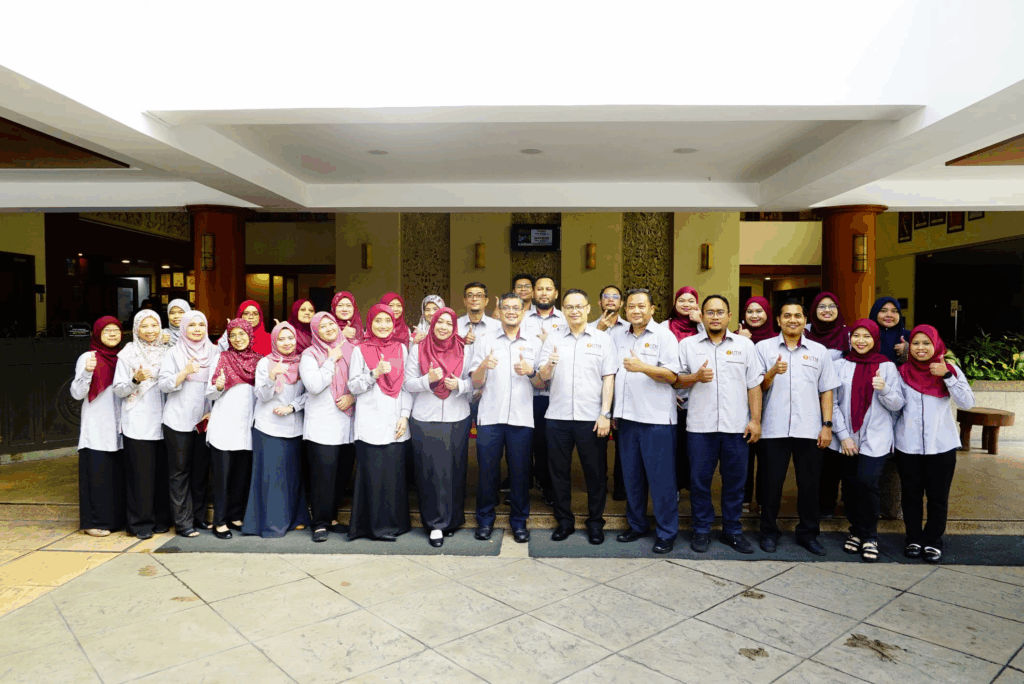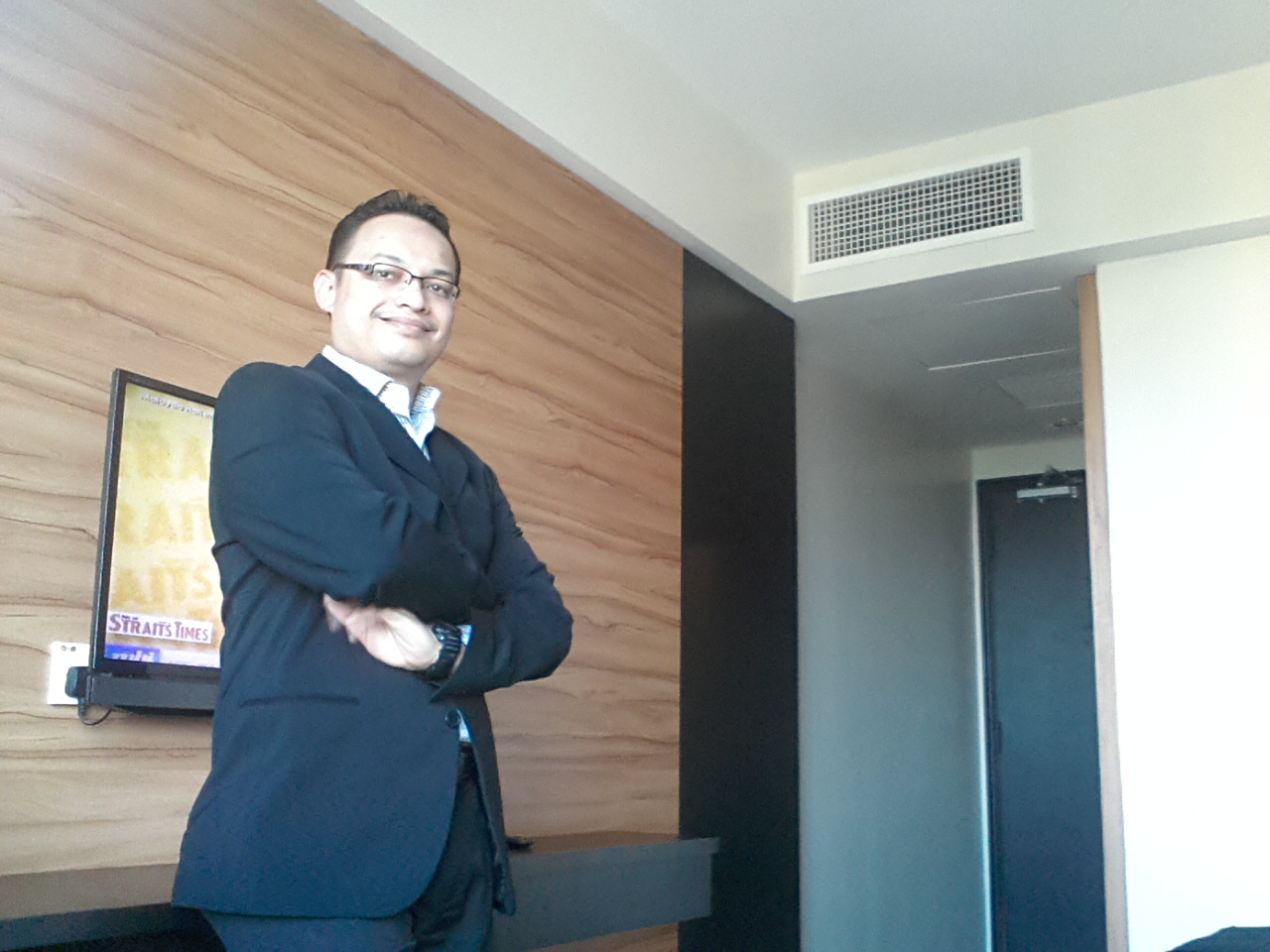Management Meeting of UTM eJournal No. 1/2025
This afternoon, I attended the UTM eJournal Management Meeting No. 1/2025, held at the Meeting Room of the Office of the Deputy Vice-Chancellor (Academic & International), Sultan Ibrahim Chancellery Building (BCSI), UTM Johor Bahru. The meeting began at 2.30 p.m. and was chaired by Assoc. Prof. Dr. Siti Rahmah Bt. Awang, Director of UTM Press.
As the Chief Editor for the ASEAN Journal of Engineering Education (AJEE), which is published under Penerbit UTM, I joined fellow editors and committee members to discuss matters related to the strategic direction, quality assurance, and operational management of UTM eJournals. The meeting also revisited the minutes from the 2024 session and deliberated on action items to strengthen UTM’s academic publishing ecosystem.
The importance of this meeting cannot be overstated. As a research university, UTM places strong emphasis on knowledge dissemination and impact through scholarly publications. The UTM eJournals serve not only as platforms for academic exchange but also as benchmarks for quality, visibility, and global engagement. Effective management ensures that these journals uphold international publishing standards, attract high-quality manuscripts, and contribute significantly to UTM’s reputation and standing in the global academic community.
A Side Note on Today’s Tasks
Besides the meeting, today was also filled with several key responsibilities related to teaching, research management, and academic service:
-
✅ I made substantial progress in preparing the final exam paper and answers for Occupational Safety in Energy System (METE1153). The paper is about 90% complete, with the exam scheduled for next week.
-
✅ I invigilated an online test for a student who missed the METE1153 test conducted two weeks ago, ensuring fairness and academic integrity.
-
✅ I responded to the Laporan Perkara Berbangkit (LPB) for the upcoming Management Committee on Research Grants (JKPD) meeting, scheduled for Monday.
-
✅ At 11.30 a.m., I joined a Pra-JKPD meeting with the Director and Registrar of RMC to finalize preparations ahead of the main session.
-
✅ I requested the preparation of the project monitoring report to be tabled at both the JKP and JKPD meetings.
-
✅ I also took some time to watch the Vice-Chancellor’s speech, Amanat NC 2025, streamed live via Facebook, which provided valuable insights into UTM’s direction and strategic priorities for the year.
Reflection
It was a productive day that balanced editorial responsibilities, academic commitments, and research management duties. Being part of the UTM eJournal Management Meeting as Chief Editor of AJEE further reinforced my appreciation of how crucial collaborative effort is in sustaining UTM’s publishing excellence. At the same time, attending to exam preparation, student assessment, and research governance matters, while keeping abreast with the Vice-Chancellor’s vision for UTM, reminded me of the multifaceted nature of academic life, where teaching, research, service, and leadership converge.














